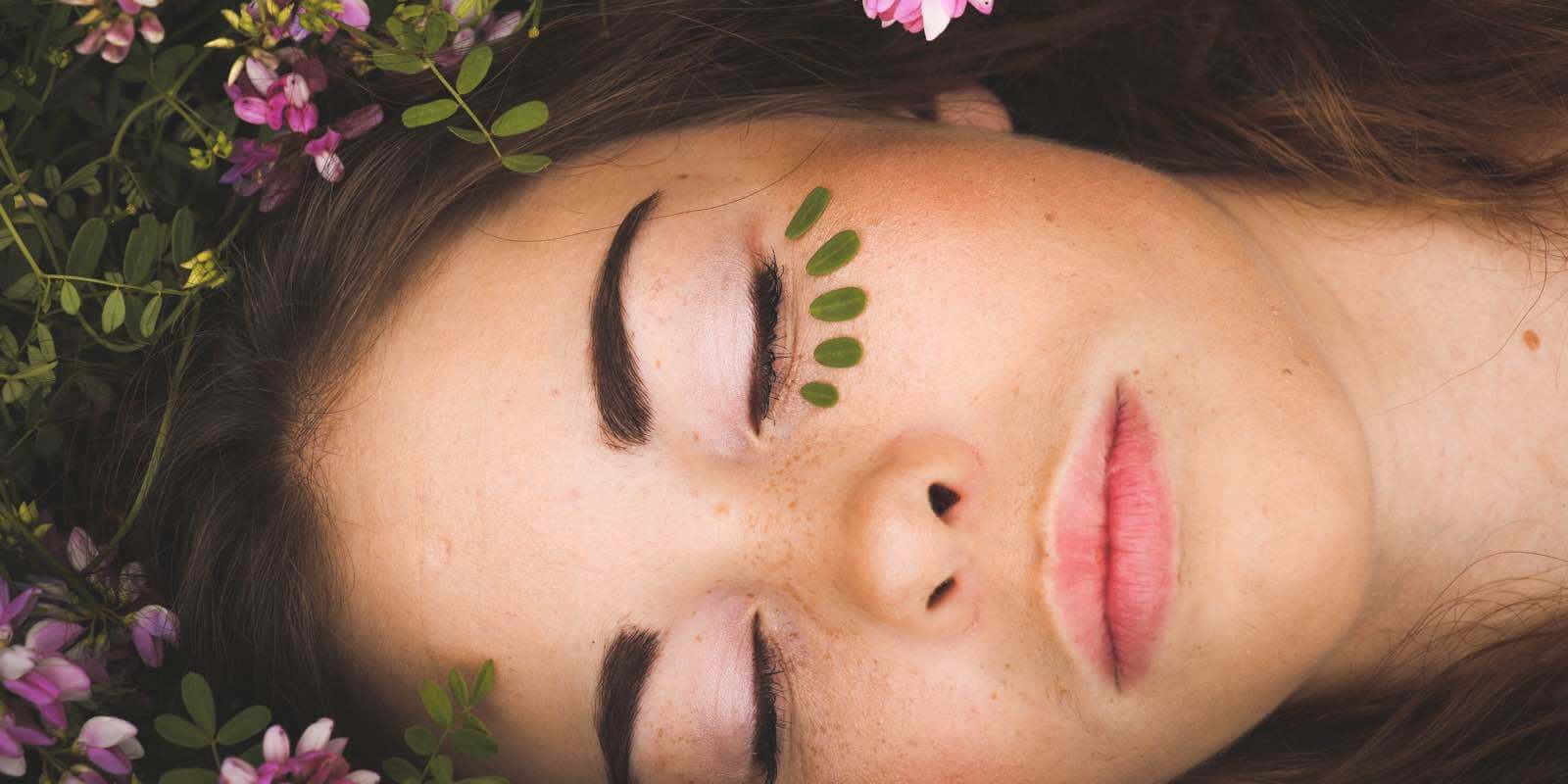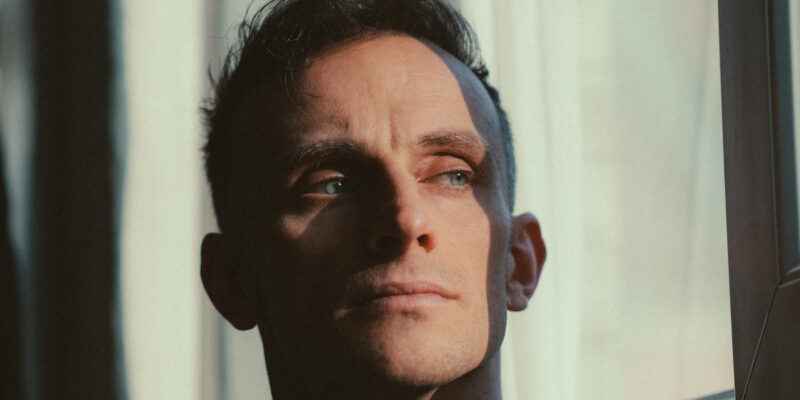If you interviewed the 100 greatest sleepers in the world and asked them about their sleep, the most striking thing you’d notice is this:
Great sleepers don’t try to sleep. In fact, they don’t even spend much time thinking about sleep.
Which means all these great sleepers would probably make for some pretty boring interviews. They wouldn’t have intricate sleep hygiene routines or exotic teas and supplements they ritually consume before bedtime. They wouldn’t have interesting recommendations for great books or podcasts about better sleep. And they certainly wouldn’t have any good referrals for experts sleep medicine doctors or therapists.
On the other hand, if you took the 100 worst insomniacs in the world and interviewed them about their sleep, you’d quickly see how hard they try to sleep, thinking about it constantly and always researching the latest sleep tips and strategies in an effort to find the perfect combination of hacks and medications to knock them out for the night.
Your broad conclusion after interviewing these two groups of sleepers would be that great sleepers don’t spend much time or energy on sleep, whereas terrible sleepers are obsessed with it.
Well of course great sleepers don’t think much about sleep — they’re lucky to be good sleepers, so they don’t need to think about and work on their sleep!
While it’s tempting to look at great sleepers and see their lack of struggle as a result of being a good sleeper, consider the possibility that the causality goes the other way: What if great sleepers sleep so well precisely because they don’t try to?
The Paradox of Sleep Effort
Before we go any further, there’s an essential fact about the nature of sleep that we need to be clear about: Sleep is a natural capacity that our bodies know how to do perfectly well on their own. Like breathing and pumping blood, our bodies don’t need our help to sleep. They do it automatically and effortlessly.
Or at least it would if we stopped getting in the way…
Most of us have had the experience of a major disruption to our sleep — we lay awake all night worrying about that big job interview tomorrow and feel awful the next day, for example. As a result of this sleep disruption, it’s natural that we would start getting concerned about our lack of sleep and what might happen if it continues — What if I get two nights in a row of no sleep? I won’t be able to function!
The next night, we’re going to be understandably more nervous about another night of not sleeping. And this nervousness is going to nudge us toward doing what we always do when confronted with a problem: Try hard to understand and fix it.
Unfortunately, when we try hard to do anything — including sleep — we’re telling our brain that it’s time to go into work mode because there’s a problem to solve. So the brain activates itself and we become more alert and aroused.
The problem is, alertness and arousal are incompatible with sleepiness and falling asleep. Which leads to The Paradox of Sleep Effort:
By trying hard to sleep we make it more difficult to actually fall asleep.
Chinese finger traps are the perfect metaphor: When our fingers feel trapped (problem) our first reaction is to pull harder (more effort). Of course, this only makes the trap’s grip on our fingers tighter. The only way out is to relax our fingers (less effort), which loosens up the trap and frees our fingers.
Remember: anything we do to try and sleep better will paradoxically make it less likely that we fall asleep since effort leads to arousal which is incompatible with relaxation and sleep.





3 Comments
Add YoursHello ,Nickwingnall
This article is very helpful ,i have facing issue regarding sleep deprivation , actually i am working in Night shift so while coming back from job , i tried so much and so anxiously to sleep because one month ago i can sleep proply while coming back from shift. So right now i am facing issue regarding day sleep , i tried to distract my mind as well as not to think about sleep. But i can’t. So pls suggest me any thing that help me to come out from this situation. I am mentally so much pisssed off.
Pls pls help.
I started off with depression and was a merry go round of medications for GAD. I said no more but have an addiction to benzos. My sleep is terrible because of anxiety. How do I move forward with little sleep.
Psychology is so counter intuitive, this fascinates me: it is law of reverse effort and it really works like that, the more you try the less you are succeessful, whereas if you don’t care to much you excel!